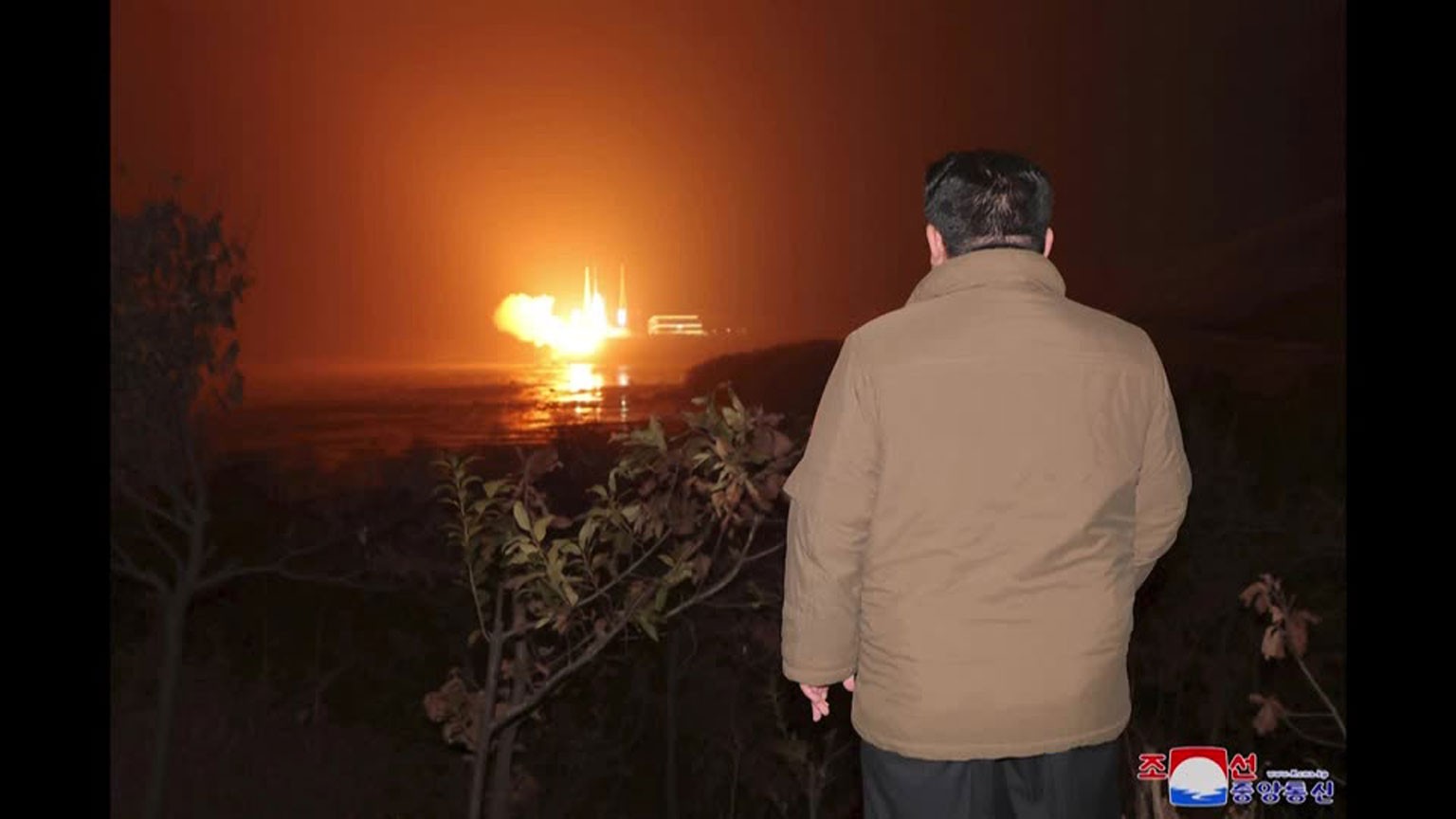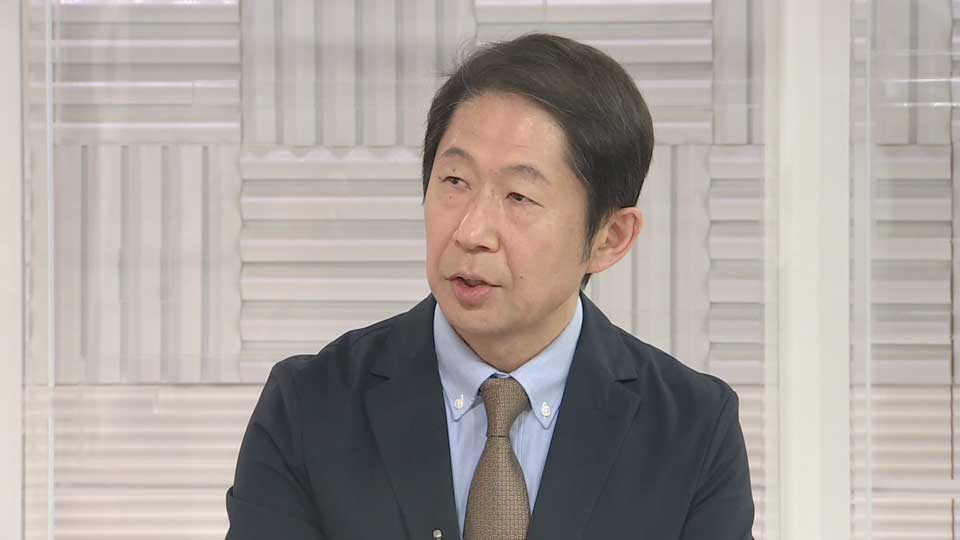
Why the launch now?
Japan, the United States and South Korea went on high alert after the North said it would launch a satellite in October following a second failed attempt in August. But the launch didn't take place until Tuesday.
Ikehata says the delay was probably mainly due to technical challenges, but the following factors may also have been involved.
South Korea plans to launch its first domestically developed military reconnaissance satellite on November 30 from a US Air Force base in California. Ikehata says Pyongyang might find it easier to fend off criticism by conducting its launch now, arguing that Seoul is about to do the same. Beating the South to the punch could also help leader Kim Jong Un inspire North Koreans.
Ikehata says Pyongyang also wants to avoid provoking Beijing, which is seeking to improve relations with Washington as US companies pull out of China. Therefore, it may have decided to wait until Chinese President Xi Jinping finished his recent US visit.
China and the US are already at loggerheads over Taiwan and semiconductor restrictions. A satellite launch by North Korea — which would violate UN Security Council resolutions — could have prompted Xi to put a brake on China's trade and aid to North Korea.
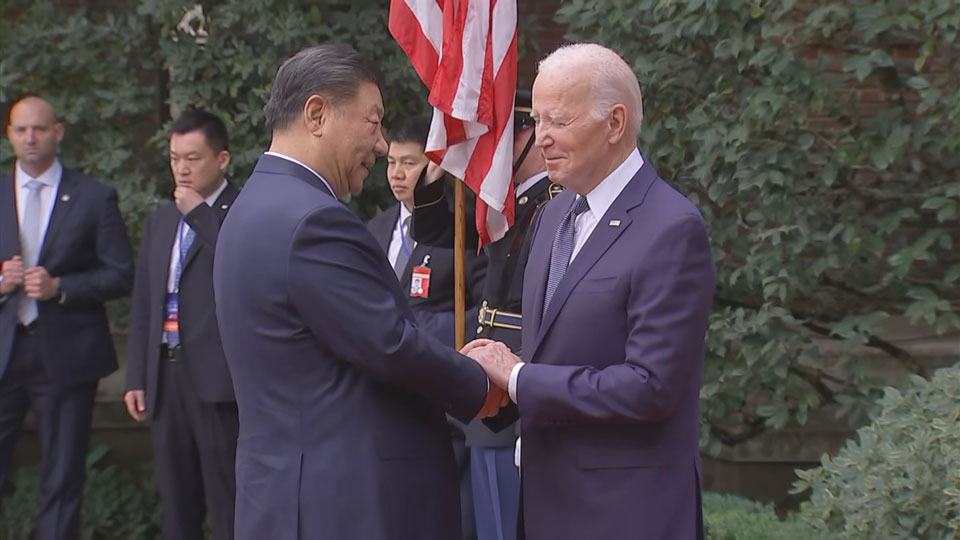
Russia's role
Kim and Russian President Vladimir Putin met in September in Russia. Ikehata says speculation exists that Russia helped North Korea with the rocket launch. But he notes that many observers believe the North requested Russian military support.
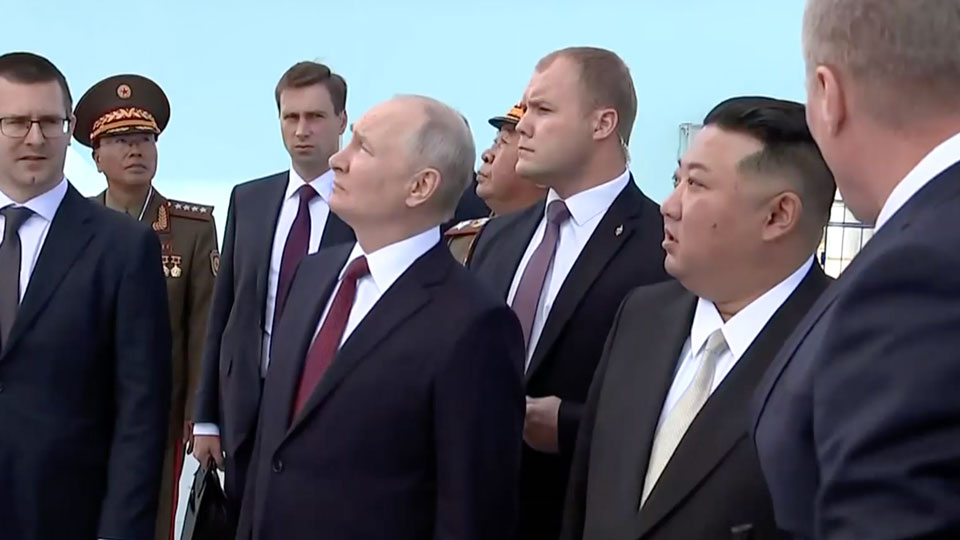
Ikehata says the delay could have also been caused by technical problems. He notes that if Russian scientists had indeed joined the North's preparations for the third launch attempt, they may have found problems. Or if the Russians weren't involved, the North may have simply experienced difficulties solving such problems on its own.
South Korean intelligence proves accurate
Ikehata says Seoul worked with Washington and was able to accurately decipher the North's moves.
South Korean Defense Minister Shin Won-sik on Sunday announced there was a possibility of a satellite launch "within a week or so." The same day, South Korea's Joint Chiefs of Staff said in a statement that if Pyongyang pushed ahead with the plan the South's military would take necessary measures to protect the lives and safety of the South Korean people.
Two days later, the North announced the launch.
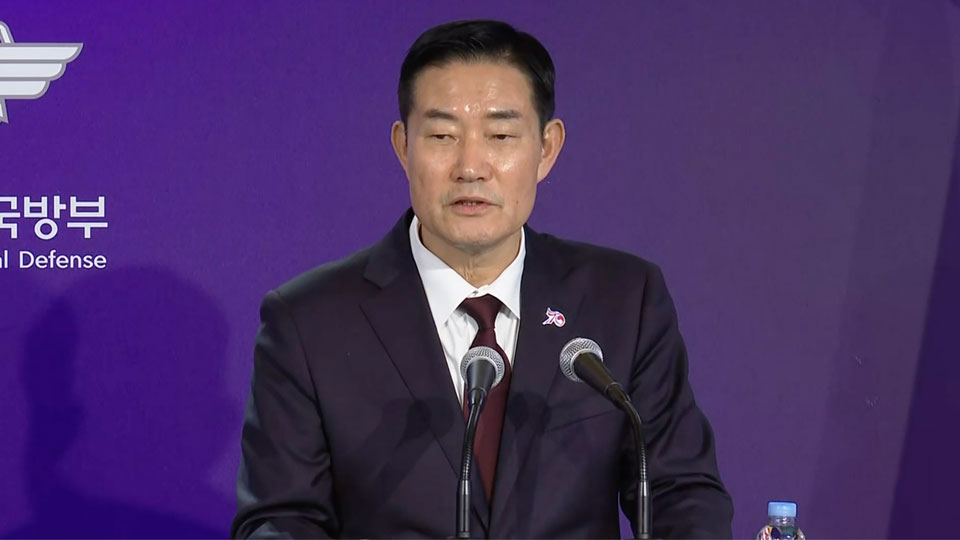
Ikehata says the accuracy of the South's intelligence and the South Korean military's warning to the North are significant.
Partial suspension of bilateral military agreement
Ikehata also says the actions South Korea took after the launch matter greatly. Seoul suspended part of a major bilateral military agreement signed in 2018 in which both sides agreed to halt drills by the military demarcation line. They also set up buffer zones and no-fly zones that banned drones.
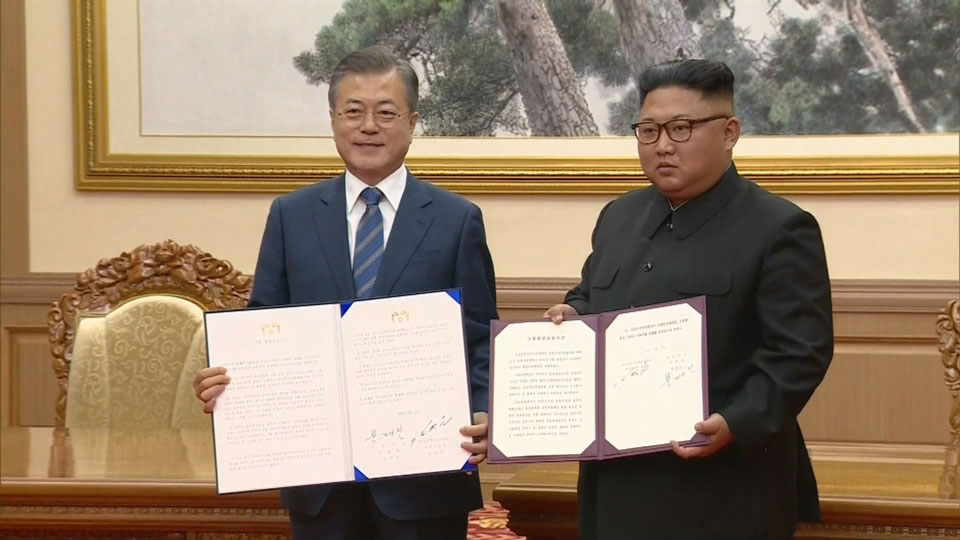
At the time of the signing, the no-fly zone was criticized by South Korea's military and conservative politicians.
They argued that it impacted the US and South Korean militaries more because they had greater reconnaissance capabilities than the North. And it could mean a slower response if the North fired long-range artillery shells or launched nuclear missiles.
In addition, the North had already violated the agreement in December 2022 when it sent drones close to Seoul.
Seoul now says it plans to resume surveillance and reconnaissance activities near the DMZ.
South Korean opposition parties that backed the agreement opposed the partial suspension. But Ikehata says Tuesday's launch presented a perfect opportunity for those in favor of the move. He adds that attention must be paid to whether the restart of drone surveillance escalates tensions on the peninsula.
